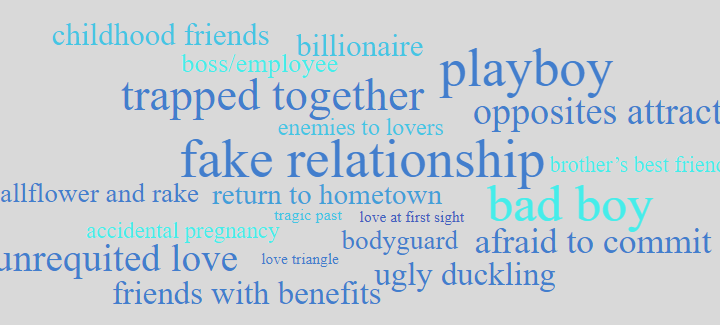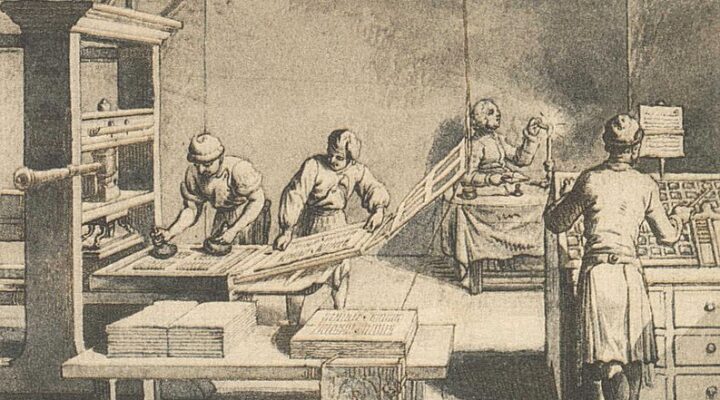
It’s been about eight months since I wrote this article about my romance publishing intentions, so I think an update is due.
No, I’m not announcing a big contract or anything. Kind of the opposite.

It’s been about eight months since I wrote this article about my romance publishing intentions, so I think an update is due.
No, I’m not announcing a big contract or anything. Kind of the opposite.

When I started reading romance novels, oh, more than thirty years ago now, it seemed like they were all M/F stories, told solely from the female point of view.
But, somewhere along the way, readers decided they liked the idea of getting some insight into the male perspective, and the tide turned in favour of dual POV.
Nowadays, depending on the sub-genre you’re working in, either single or dual POV can be acceptable. I’d say the vast majority of romances are written from dual perspectives, but that doesn’t mean single POV is dead.
So, if anything goes, how do writers choose which approach to use? What are the advantages and disadvantages of each? And, is dual POV actually better than single POV??

Lately, I’ve noticed a lot of romance novels marketed by their primary trope, like:
I can’t decide if I think this is brilliant marketing or a terrible shame.

I don’t know about you, but I kind of like writing in a bubble.
Not literally! I mean, a bubble where my writing is beautiful and perfect and only my opinion matters.
Writers must, I think, start out in a bubble. But, at some point, you’re going to want to get some feedback.
Read More…
I loved books, as a kid. The first book I remember loving was The Robber’s Daughter by Astrid Lindgren. After I read it and we returned it, whenever we visited the library, I would walk by the shelf where it was housed, feeling like it was this special, secret gem, this thing no one else knew about or understood.
I felt the same way about the Harper Hall books by Anne McCaffrey. I was fairly young when I read them (maybe grade 5), and to me they were these fantastical things.
That love is what planted the writing seed for me. I wanted to write something that made people feel that way.
Read more…
When I tell people I write romance novels, as I occasionally do, they always ask, “Are you published?”
When I say, “No,” they seem to lose all interest.
I get it. If someone told me they’d written a novel, I’d definitely wonder if it was published. And if it wasn’t, I’d probably assume it wasn’t that great.
Not that being published means a book is good, necessarily. ‘Good’ is, of course, subjective. But, if a book has made it through a publishing process, that’s at least some arbiter of its quality. Even if a book is self-published, you have to go to some trouble to do that, so I’d assume its quality might likely be higher than a book sitting solely on the author’s computer.
Read More…